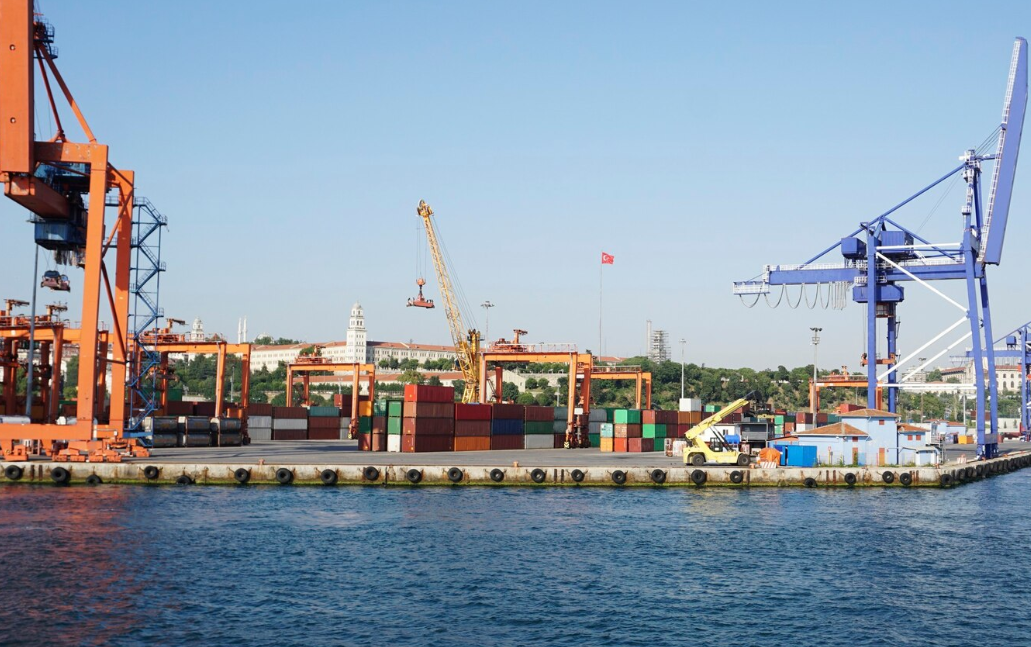Olokola Port to Boost LNG Exports and Industrial Expansion
Africa’s richest man, Aliko Dangote, has officially submitted development plans to construct what is set to become Nigeria’s largest and deepest seaport in Olokola, Ogun State. The ambitious project, once approved, will not only transform Nigeria’s maritime infrastructure but also revive industrial activities across the Southwest.
The planned port, which will rival global shipping hubs in size and capacity, is expected to play a major role in exporting liquefied natural gas (LNG) and other industrial goods. It also represents a strategic step in Dangote Group’s wider infrastructure and export-led growth vision for Nigeria and West Africa.
Why Olokola?
Olokola, located along the Atlantic coastline between Ogun and Ondo States, has long been recognized for its deep water access—a geographic advantage that makes it ideal for large cargo vessels and LNG tankers. The area was previously considered for the now-defunct Olokola LNG project, and Dangote’s seaport proposal is expected to breathe new life into the long-overlooked corridor.
“This project will not only ease congestion at Lagos ports but unlock industrial and export opportunities for the entire southwestern region,” said Joseph Olaniyi, a maritime economist at the Nigerian Institute of Transport Technology.
Project Scope and Economic Potential
Although full technical details are yet to be released, Dangote Group confirmed the seaport will feature:
-
Ultra-deep berths to accommodate large container and LNG vessels
-
Specialized terminals for bulk cargo, containers, and gas exports
-
Free trade zone integration, linking directly to surrounding industrial parks
-
Modern logistics and customs facilities to support international trade
The Olokola Seaport is projected to handle millions of metric tons of goods annually, reducing pressure on existing ports like Apapa and Tin Can Island, which currently suffer from congestion and aging infrastructure.
Boosting Exports and Industry
Dangote’s move comes at a time when Nigeria is aggressively seeking to expand non-oil exports and reposition itself as a logistics and energy export hub for West Africa. With global demand rising for cleaner energy sources, the port will also support the export of liquefied natural gas (LNG)—a sector where Nigeria holds significant potential.
In addition to LNG, the port is expected to serve industries such as:
-
Cement and construction materials
-
Petrochemicals and fertilizers
-
Agro-exports from Ogun and nearby states
Strategic Alignment with National Goals
The Olokola Port aligns closely with Nigeria’s broader infrastructure agenda, including the National Development Plan 2021–2025 and the Maritime Industry Forecast by the Nigerian Ports Authority (NPA). The NPA has called for private-sector-driven investments to meet the growing demands of Africa’s most populous nation and to take full advantage of the African Continental Free Trade Area (AfCFTA).
“This is the kind of bold infrastructure Nigeria needs to compete globally,” said Hadiza Bala-Usman, former Managing Director of the NPA. “If executed right, Olokola could be a game-changer for export logistics and regional integration.”
Conclusion: A Bold Vision for Nigeria’s Maritime Future
Aliko Dangote’s plan to develop Nigeria’s biggest deep seaport in Olokola is more than a business venture, it’s a transformative project that could reshape Nigeria’s industrial landscape, boost export revenues, and elevate the country’s profile in global trade.
As the proposal moves through regulatory approvals, stakeholders across logistics, energy, and manufacturing will be watching closely. If realized, Olokola could mark the beginning of a new era in Nigeria’s maritime economy.
Published on Xamblog.com – Insightful reporting on Nigeria’s infrastructure and economic development.
Last Updated on July 15, 2025 by kingstar





